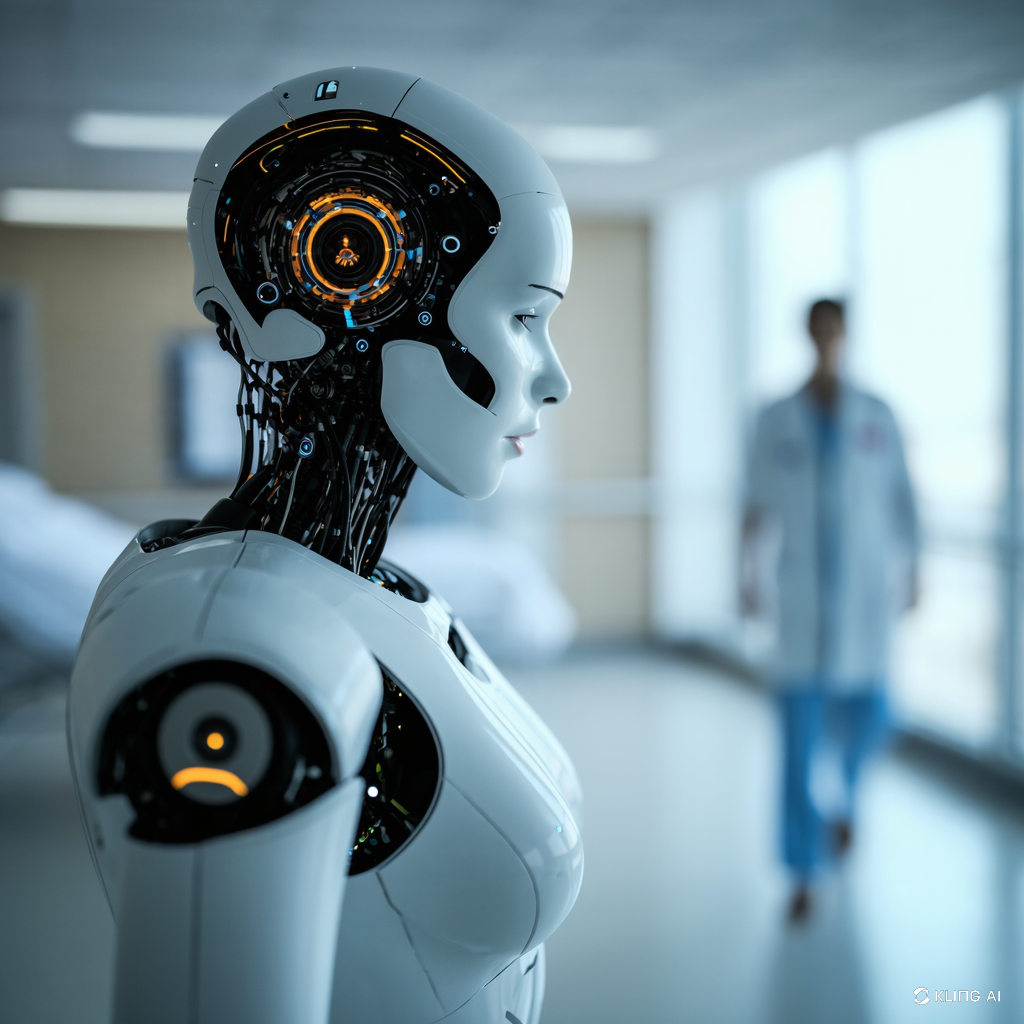Today, we explore the revolutionary changes artificial intelligence has brought to genetic analysis and its profound impact on the medical field.
1. New Horizons in Genetic Analysis
The human genome consists of approximately 3 billion DNA base pairs, forming a massive collection of biological information. Analyzing this vast dataset and extracting meaningful insights was extremely challenging using traditional analytical methods. The advent of AI has overcome these limitations and opened a new chapter in genetic analysis.
Previously, genetic analysis required significant time and cost investment, while also facing limitations in understanding complex interactions between genes. However, with AI integration, analysis time has been dramatically reduced, enabling more accurate and comprehensive analysis.
2. Key Areas of AI-Based Genetic Analysis
2.1 Genetic Variation Detection
State-of-the-art deep learning technology identifies various genetic variations from DNA sequencing data with over 99% accuracy. It rapidly detects single nucleotide polymorphisms (SNPs), insertions/deletions, and copy number variations (CNVs), particularly identifying complex structural variations that were previously difficult to discover using conventional methods.
2.2 Disease Risk Prediction
AI predicts the risk of developing various diseases based on individual genetic information. By analyzing interactions between hundreds of genes and considering environmental factors, it calculates personalized disease risk scores. The technology shows particularly high accuracy in predicting risks for major diseases including heart disease, diabetes, and various cancers.
2.3 Drug Response Analysis
Individual genetic characteristics can lead to different drug responses. AI analyzes drug metabolism-related genes to predict the effectiveness and potential side effects of specific medications. This enables medical professionals to select optimal drugs and dosages tailored to each patient.
3. Clinical Applications
3.1 Cancer Diagnosis and Treatment
AI-based genetic analysis demonstrates revolutionary results in cancer treatment. By analyzing tumor genomes, it accurately identifies cancer types and suggests the most effective treatment approaches. Personalized treatment planning has become possible through predicting immunotherapy responses and evaluating potential drug resistance.
3.2 Rare Disease Diagnosis
Identifying genetic variations that cause rare diseases is crucial. AI significantly assists in discovering new genetic variations related to rare diseases from vast genomic datasets, dramatically reducing diagnosis time.
3.3 Prenatal Diagnosis
AI has greatly improved the accuracy of non-invasive prenatal testing (NIPT). Early detection of fetal genetic abnormalities has become possible, with increased reliability of test results.
4. Future Prospects and Challenges
4.1 Development Potential
With continued advancement in AI technology, the accuracy and efficiency of genetic analysis are expected to improve continuously. Significant progress is anticipated in the following areas:
- Development of more sophisticated disease prediction models
- Discovery of new gene-disease associations
- Treatment optimization and new drug development
- Cost reduction and improved accessibility
4.2 Current Limitations and Challenges
Major challenges that need to be addressed include:
- Data quality and standardization issues
- Privacy protection and ethical concerns
- Knowledge gaps between medical professionals and patients
- Interpretation and utilization of analysis results
5. Conclusion
AI-based genetic analysis is transforming the medical paradigm from “post-treatment” to “prevention and personalized medicine.” Understanding individual genetic characteristics accurately and providing customized medical services based on this understanding is becoming a reality.
This field will continue to evolve, and more innovative applications are expected to emerge. The utilization of AI-based genetic analysis in medical practice will expand further, ultimately leading to better healthcare services.

